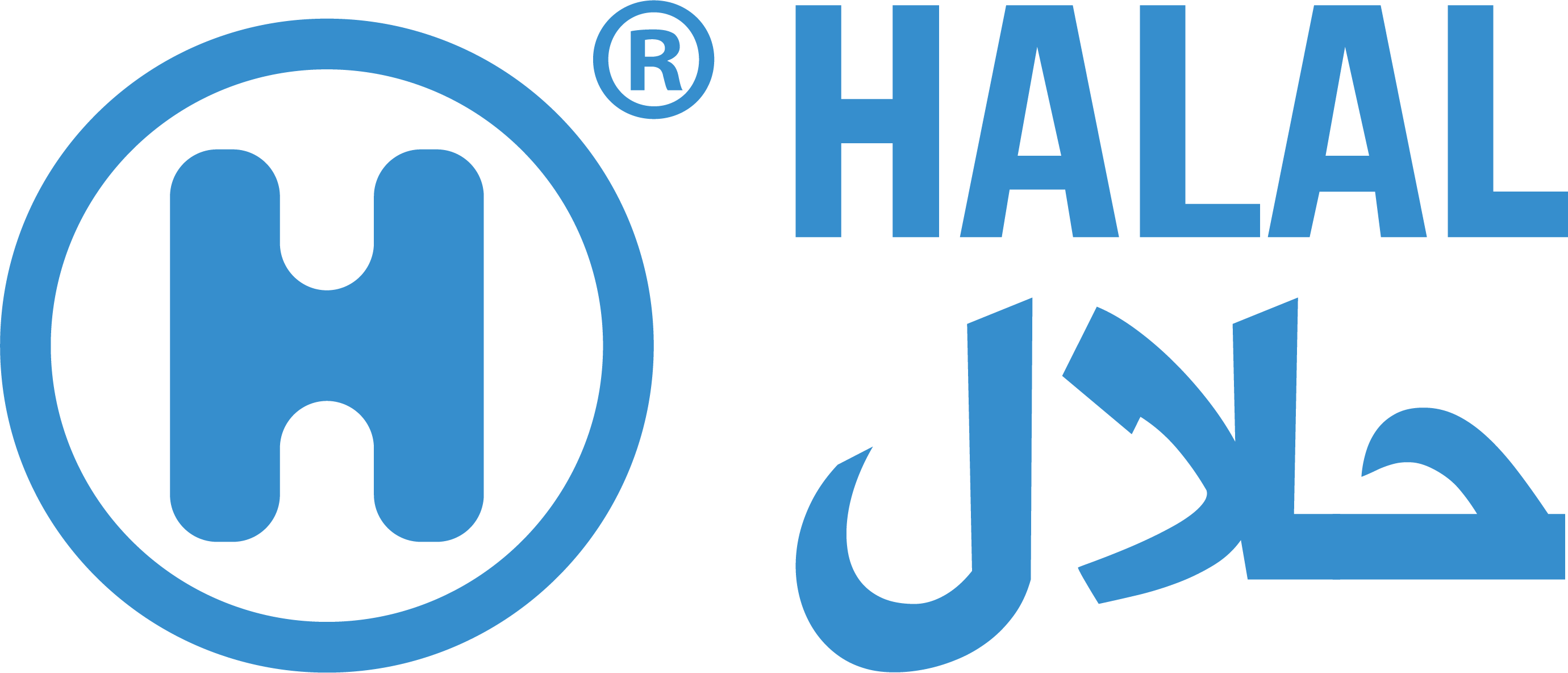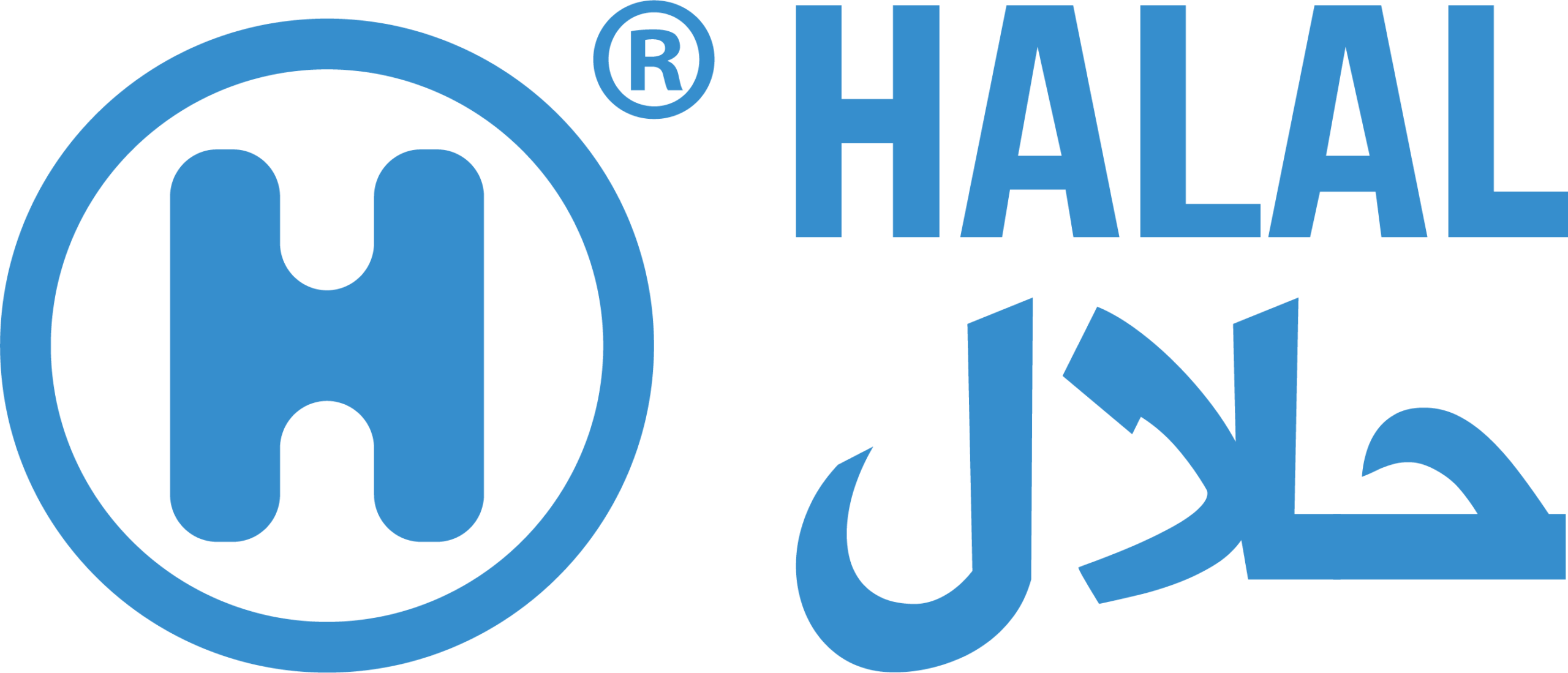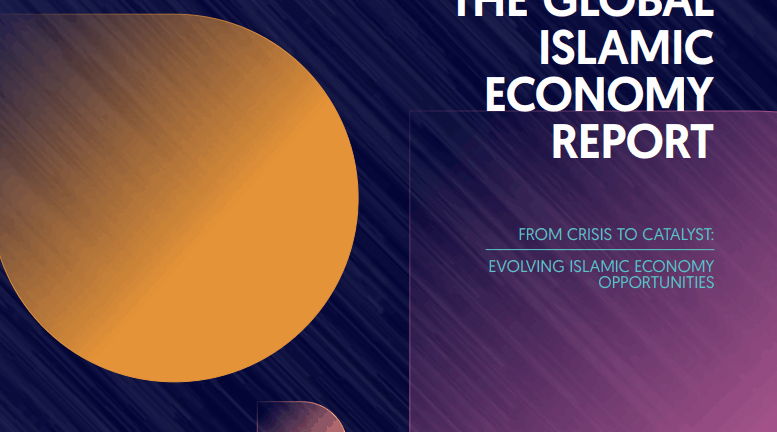The global Islamic economy has demonstrated profound resilience and dynamism, navigating intense geopolitical volatility to emerge positioned for robust long-term growth. According to the latest State of the Global Islamic Economy (SGIE) Report 2024/25, the economy, encompassing six core real-economy sectors and integral Islamic finance assets, is estimated to be worth a staggering US$7.3 trillion. This multi-trillion-dollar ecosystem is fundamentally shaped by Islamic ethical considerations and Shariah compliance, catering to the needs and values of the world’s two billion Muslims, who represent over 25% of the global population.
Muslim consumer spending across core sectors—Halal Food, Pharmaceuticals, Cosmetics, Modest Fashion, Travel, and Media and Recreation—reached approximately US$2.43 trillion in 2023. Despite facing unprecedented economic and geopolitical challenges, including inflationary pressures, supply chain disruptions, and the significant impact of the Israel-Gaza conflict, this spending expanded by 5.5% in 2023. This robust growth trajectory is forecasted to accelerate, with Muslim spending projected to rise to US$3.36 trillion by 2028, representing a Compound Annual Growth Rate (CAGR) of 5.3% over five years.
The Geopolitical Trigger: Ethical Consumer Activism as a Market Force
A defining transformation highlighted in the 2024/25 report is the pronounced rise of ethical consumer activism, serving as a powerful catalyst for change across multiple sectors. Geopolitical events, especially those related to the Gaza crisis, spurred unprecedented boycotts against multinational brands perceived as misaligned with ethical or regional values. This pressure has resulted in palpable financial consequences for recognized multinational corporations (MNCs), including reported sales declines and profit warnings for major fast-food and beverage chains.
This consumer resistance triggered substantial shifts towards local and regional alternatives, extending beyond immediate political contexts to reflect broader trends toward ethical responsibility and cultural authenticity. Social media sentiment analysis conducted between October 2023 and March 2025 revealed a multilingual, worldwide movement, with 15.6% of tracked posts explicitly endorsing ethical substitutes. This silent movement is grounded in solidarity, “patriotic consumption,” and faith-based duty. Local brands, such as Malaysia’s ZUS Coffee, Jordan’s emergent cola labels, and halal-certified beauty houses like Wardah, are actively capitalizing on this momentum. Furthermore, activist apps like Boycat and No Thanks are propagating values-based purchasing into everyday shopping habits. This shift is not merely transient but points toward a structural reshaping of consumer loyalties within Muslim consumer markets and beyond.
Sectoral Dominance and Future Growth Drivers
The core sectors of the Islamic economy demonstrate varied strengths and high growth potential:
Halal Food: Remaining the largest segment, Muslim spending on halal food accounted for approximately US$1.43 trillion in 2023. This is projected to reach US$1.94 trillion by 2028 at a CAGR of 6.2%. Governments in the UAE, Saudi Arabia, and Indonesia are making major investments to enhance local production capacity and strengthen supply chains, driven by crucial food security concerns. Additionally, multilateral development banks like the Islamic Development Bank (IsDB) are increasing financial commitments to support sustainable agriculture projects across Africa and Asia.
Islamic Finance: Assets, integral to the entire ecosystem, were estimated at US$4.93 trillion in 2023. This is the fastest-growing sector, projected to expand to US$7.53 trillion by 2028, representing a significant CAGR of 8.9%. This expansion is heavily driven by fintech innovation; for instance, the Saudi fintech firm Tamara achieved unicorn status, valued at US$1 billion. Key drivers include the emergence of Shariah-compliant Central Bank Digital Currencies (CBDCs), the expansion of digital sukuk, and the growth of green and sustainable sukuk issuances.
Muslim-Friendly Travel: Despite global setbacks, Muslim consumer spend on travel was US$216.94 billion in 2023 and is projected to experience the highest CAGR of 12.1% to reach US$384.12 billion by 2028. Saudi Arabia remains a significant economic driver in this sector, notably through rapid development in religious and leisure tourism infrastructure.
Halal Lifestyle Sectors:
- Modest Fashion saw consumer spending of US$326.95 billion in 2023, expected to grow to US$433.28 billion by 2028 (5.8% CAGR). Growth is fueled by sustainability innovations and increasing global awareness of modest fashion’s inclusivity.
- Halal Pharmaceuticals reached US$107.10 billion in 2023, forecasted to hit US$148.88 billion by 2028 (6.8% CAGR). The rise of halal-compliant vaccines and telehealth has attracted sustained investor interest, particularly in innovation hubs like Indonesia, the UAE, and Malaysia.
- Halal Cosmetics spending was US$86.66 billion in 2023, projected to reach US$117.81 billion by 2028 (6.3% CAGR). This sector benefits directly from increasing ethical consumerism in key markets such as Indonesia and Malaysia.
- Media and Recreation registered US$259.66 billion in 2023 spending, set to reach US$336.52 billion by 2028 (5.3% CAGR). Critically, this sector led in investment activity, recording 87 transactions worth US$451.27 million, more than quadrupling the number of deals from the previous period, driven by a post-pandemic surge in digital content and gaming.
Ecosystem Leadership: The Global Islamic Economy Indicator (GIEI)
The Global Islamic Economy Indicator (GIEI), now in its eleventh year, benchmarks the effectiveness of national ecosystems in converting the Halal economy into inclusive, innovation-driven growth. The index evaluates 52 metrics across seven sectors, weighting governance, financial depth, social impact, and innovation.
For the eleventh consecutive year, Malaysia confirmed its leadership, topping every sector in the 2024/25 rankings except modest fashion, where it ranks second. The stable top five also includes Saudi Arabia (2nd), Indonesia (3rd), the UAE (4th), and Bahrain (5th).
Key leadership observations:
- Malaysia dominates Islamic finance, halal food, and Muslim-friendly travel. Its leadership is maintained by institutional alignment (JAKIM certification) and robust digitalization efforts (e.g., the launch of AEON Bank, the first digital Islamic bank in Malaysia).
- Indonesia overtook the lead in the modest fashion sector. The country, which aims to become the world’s fourth-largest economy by 2045, exemplifies the shift toward economic multipolarity.
- The frontrunners are differentiated by three strategic forces: institutional alignment (like Saudi Arabia’s Vision 2030 efforts), capital-market depth (Bahrain’s surge in Islamic finance assets), and innovation velocity (the UAE’s AI-centric National Strategy).
- Notably, non-OIC countries Singapore and the UK remain in the top 15, reflecting the competitive advantage offered by strong regulatory and innovation frameworks.
Trade, Investment, and the Role of Innovation
Investment activity demonstrated a strategic geographical concentration. The UAE and Indonesia emerged as the leading halal-economy investment hubs in 2023/24, completing 50 and 40 deals, valued at US$1.53 billion and US$1.60 billion, respectively. Saudi Arabia and Türkiye also showed significant activity.
Trade dynamics within the OIC showed complexity:
- In 2023, OIC member countries saw a 1.8% decline in imports of halal-related products, dropping to US$407.75 billion. This was primarily due to a contraction in the food sector following the price correction in wheat after the Russia-Ukraine conflict, coupled with currency devaluation.
- Despite this annual decline, the overall market is projected to rebound strongly, reaching US$608.36 billion by 2028.
- Intra-OIC trade saw a modest increase of 1.23% to US$884 billion in 2023, supported by stronger regional self-reliance. Countries like Saudi Arabia, the UAE, Indonesia, and Türkiye are leading efforts to promote intra-regional halal trade.
Crucially, innovation and technological advancements are intersecting with ethical principles to redefine the Islamic economy. Artificial intelligence (AI) and blockchain technologies are increasingly integrated to enhance halal compliance, supply chain transparency, and efficiency. Saudi Arabia, the UAE, and Indonesia are implementing digital tools to strengthen halal standards and streamline market access.
Furthermore, multilateral cooperation is driving standardization, with bodies like the Islamic Forum for Halal Accreditation Bodies (IFHAB) and national authorities in Malaysia, UAE, and Indonesia strengthening regulatory frameworks to ensure compliance and consumer trust globally. The alignment of halal values with universal ethical consumerism means that brands successfully attract both Muslim and non-Muslim ethical consumers, underpinning the Islamic economy’s position as a crucial contributor to global resilience and sustainability.


